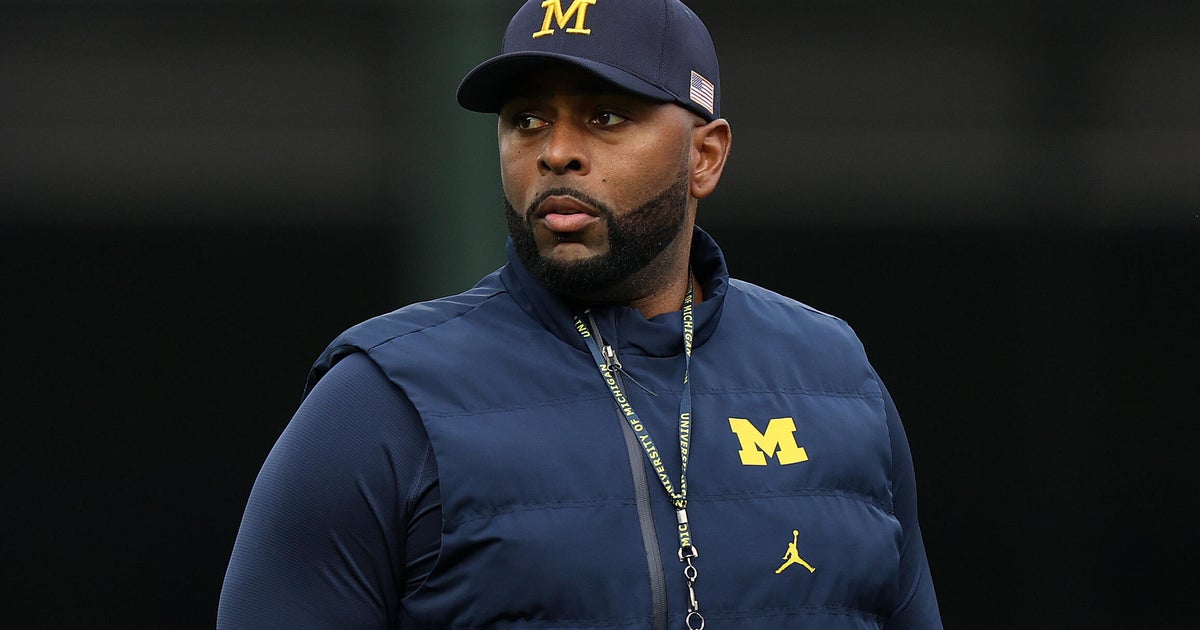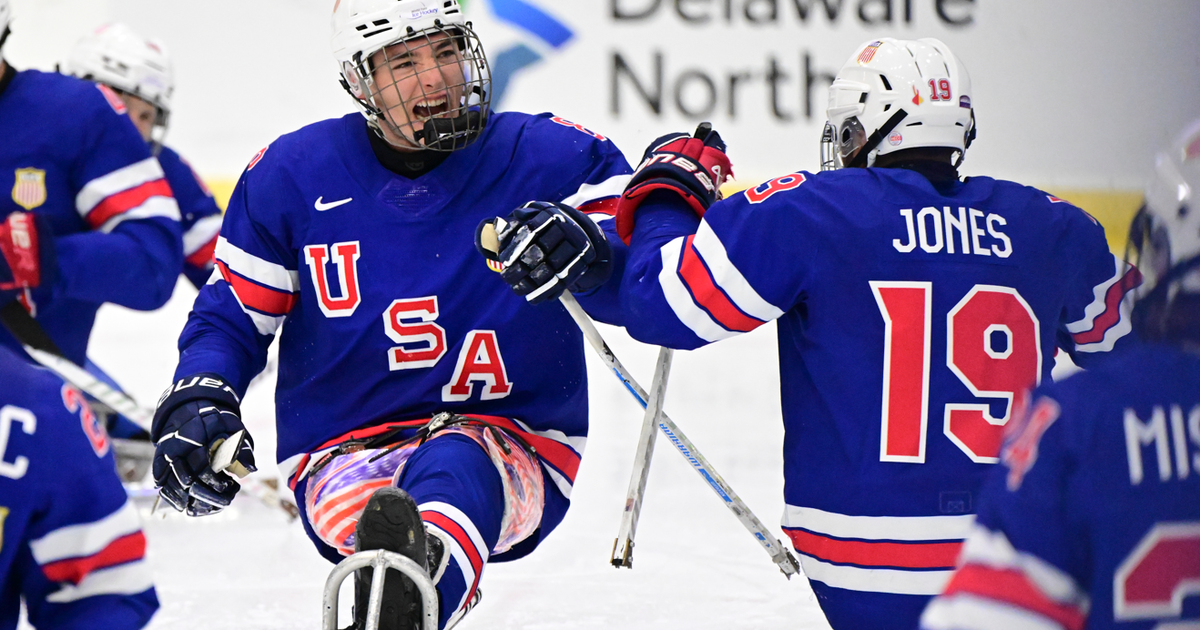How early concussion detection helped Ann Arbor student athlete
ANN ARBOR, Mich. (CBS DETROIT) - Concussion in sports is nothing new; however, the education on how to treat them and what to look out for is being taken more seriously these days.
From NFL quarterback Tua Tagovailoa to the kid next door, brain injuries in sports are again making headlines. Whether it's from collisions with winning intentions or contact with headgear designed for protection, there's still no way to dodge a punch or a ball when it comes to concussions.
"Any time an athlete takes a hit or gets hit by an object, you can injure the brain," said Dr. Jeffrey Kutcher.
Kutcher studies the impact of concussions at the William Clay Ford Center for Athletic Medicine. Some of Kutcher's work includes CT scan research, which concluded that early detection of any head or neck injury should not be ignored.
"Letting them know that symptoms like headaches, or light sensitivity, or sound sensitivity; things that may seem like a nuisance may be a sign of something more serious," Kutcher said.
Ann Arbor student athlete Edison Hannahs suffered a concussion when he was accidentally hit in the face by a baseball during a game.
"The ball hit me right here under my eye, and I was out," Hannahs said. "At first, I wasn't sure what was going on. I thought I was just dizzy, and it didn't take long to recognize I needed some help."
Had it not been for Hannahs's mother's quick thinking, the outcome might have resembled recent incidents seen during professional football games.
"All athletes of any age need to follow up with a brain specialist because this could happen to them," Kutcher said.
It's easy to assume that accidents like what happened to Hannahs happen in baseball, football, or hockey; however, according to the CDC, outdoor playground activities are the number one cause of head injuries for ages 14 years and younger.
While research on the long-term effects of concussions continues, Hannahs knows he is better off getting ahead of any issues early on.
"I tell all of my friends to take this seriously," Hannahs said.







